 Welcome
Welcome
“May all be happy, may all be healed, may all be at peace and may no one ever suffer."
Cystitis
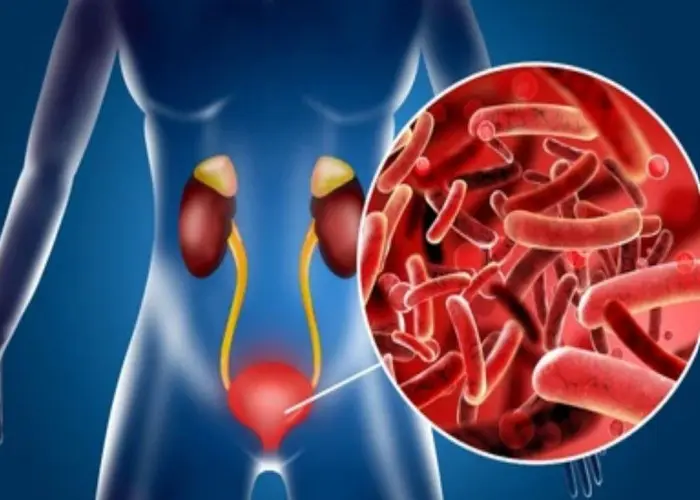
Cystitis is a common type of urinary tract infection (UTI) that occurs when bacteria enter the bladder and cause inflammation. It is more common in women than men, and symptoms may include a frequent urge to urinate, pain or burning during urination, and lower abdominal pain or discomfort.
In addition to bacterial infections, cystitis can also be caused by certain medications, irritants, or underlying medical conditions that affect the bladder. Risk factors for cystitis include being female, having a history of UTIs, using certain types of birth control, and having a weakened immune system.
Diagnosis of cystitis may involve a urine test to check for the presence of bacteria or white blood cells, and may also involve imaging tests or cystoscopy to evaluate the bladder and rule out other potential causes of symptoms.
Treatment for cystitis usually involves a course of antibiotics to clear the infection, as well as medications to manage pain and discomfort. Drinking plenty of fluids and practicing good hygiene can also help to prevent cystitis and reduce the risk of recurrent infections.
Complications of cystitis can include the spread of infection to the kidneys, which can lead to more serious health problems. It is important for individuals with cystitis to work closely with their healthcare providers to manage their condition and prevent complications.
Research Papers
Disease Signs and Symptoms
- Pain or burning during urination (dysuria)
- Frequent urination
- Low amount of urine
- Blood in urine (hematuria)
- Excess protein or cloudy urine (proteinuria)
- Strong urine smell
- Pelvic pain
- Fever
- A strong, persistent urge to urinate
Disease Causes
Cystitis
Your urinary system includes your kidneys, ureters, bladder and urethra. All play a role in removing waste from your body. Your kidneys — a pair of bean-shaped organs located toward the back of your upper abdomen — filter waste from your blood and regulate the concentrations of many substances. Tubes called ureters carry urine from your kidneys to the bladder, where it's stored until it exits your body through the urethra.
Bacterial cystitis
UTIs typically occur when bacteria outside the body enter the urinary tract through the urethra and begin to multiply. Most cases of cystitis are caused by a type of Escherichia coli (E. coli) bacteria.
Bacterial bladder infections may occur in women as a result of sexual intercourse. But even sexually inactive girls and women are susceptible to lower urinary tract infections because the female genital area often harbors bacteria that can cause cystitis.
Noninfectious cystitis
Although bacterial infections are the most common cause of cystitis, a number of noninfectious factors also may cause the bladder to become inflamed. Some examples include:
- Interstitial cystitis. The cause of this chronic bladder inflammation, also called painful bladder syndrome, is unclear. Most cases are diagnosed in women. The condition can be difficult to diagnose and treat.
- Drug-induced cystitis. Certain medications, particularly the chemotherapy drugs cyclophosphamide and ifosfamide, can cause inflammation of your bladder as the broken-down components of the drugs exit your body.
- Radiation cystitis. Radiation treatment of the pelvic area can cause inflammatory changes in bladder tissue.
- Foreign-body cystitis. Long-term use of a catheter can predispose you to bacterial infections and to tissue damage, both of which can cause inflammation.
- Chemical cystitis. Some people may be hypersensitive to chemicals contained in certain products, such as bubble bath, feminine hygiene sprays or spermicidal jellies, and may develop an allergic-type reaction within the bladder, causing inflammation.
- Cystitis associated with other conditions. Cystitis may sometimes occur as a complication of other disorders, such as diabetes, kidney stones, an enlarged prostate or spinal cord injuries.
Disease Prevents
Cystitis
Cranberry juice or tablets containing proanthocyanidin are often recommended to help reduce the risk of recurrent bladder infections for some women. But research in this area is conflicting. Some smaller studies demonstrated a slight benefit, but larger studies found no significant benefit.
As a home remedy, avoid cranberry juice if you're taking the blood-thinning medication warfarin (Coumadin). Possible interactions between cranberry juice and warfarin can lead to bleeding.
Although these preventive self-care measures aren't well-studied, doctors sometimes recommend the following for repeated bladder infections:
- Drink plenty of liquids, especially water. Drinking lots of fluids is especially important if you're getting chemotherapy or radiation therapy, particularly on treatment days.
- Urinate frequently. If you feel the urge to urinate, don't delay using the toilet.
- Wipe from front to back after a bowel movement. This prevents bacteria in the anal region from spreading to the vagina and urethra.
- Take showers rather than tub baths. If you're susceptible to infections, showering rather than bathing may help prevent them.
- Gently wash the skin around the vagina and anus. Do this daily, but don't use harsh soaps or wash too vigorously. The delicate skin around these areas can become irritated.
- Empty your bladder as soon as possible after intercourse. Drink a full glass of water to help flush bacteria.
- Avoid using deodorant sprays or feminine products in the genital area. These products can irritate the urethra and bladder.
Disease Treatments
Cystitis caused by bacterial infection is generally treated with antibiotics. Treatment for noninfectious cystitis depends on the underlying cause.
Treating bacterial cystitis
Antibiotics are the first line of treatment for cystitis caused by bacteria. Which drugs are used and for how long depend on your overall health and the bacteria found in your urine.
- First-time infection. Symptoms often improve significantly within a day or so of antibiotic treatment. However, you'll likely need to take antibiotics for three days to a week, depending on the severity of your infection.
- No matter what the length of treatment is, take the entire course of antibiotics prescribed by your doctor to ensure that the infection is completely gone.
- Repeat infection. If you have recurrent UTIs, your doctor may recommend longer antibiotic treatment or refer you to a doctor who specializes in urinary tract disorders (urologist or nephrologist) for an evaluation, to see if urologic abnormalities may be causing the infections. For some women, taking a single dose of an antibiotic after sexual intercourse may be helpful.
- Hospital-acquired infection. Hospital-acquired bladder infections can be a challenge to treat because bacteria found in hospitals are often resistant to the common types of antibiotics used to treat community-acquired bladder infections. For that reason, different types of antibiotics and different treatment approaches may be needed.
Postmenopausal women may be particularly susceptible to cystitis. As a part of your treatment, your doctor may recommend a vaginal estrogen cream — if you're able to use this medication without increasing your risk of other health problems.
Treating interstitial cystitis
With interstitial cystitis, the cause of inflammation is uncertain, so there's no single treatment that works best for every case. Therapies used to ease the signs and symptoms of interstitial cystitis include:
- Medications that are taken orally or inserted directly into your bladder
- Procedures that manipulate your bladder to improve symptoms, such as stretching the bladder with water or gas (bladder distention) or surgery
- Nerve stimulation, which uses mild electrical pulses to relieve pelvic pain and, in some cases, reduce urinary frequency
Treating other forms of noninfectious cystitis
If you're hypersensitive to certain chemicals in products such as bubble bath or spermicides, avoiding these products may help ease symptoms and prevent further episodes of cystitis.
Treatment of cystitis that develops as a complication of chemotherapy or radiation therapy focuses on pain management, usually with medications, and hydration to flush out bladder irritants.
Disease Diagnoses
Disease Allopathic Generics
-
Ampicillin Sodium
Any drug containing ampicillin can be used for pus cells in the urine.
2 capsules 6 hours apart for 7 days.
-
Cotrimoxazole
2 pills in the morning 2 pills in the evening 7-10 days This kind of syrup for children.
-
Amoxicillin Trihydrate
1 after 8 hours. In severe contamination, 2 times 8 hours apart for 7-10 days.
-
Doxycycline Hydrochloride
The usual dose is 2 capsules on the 1st day and 1 daily from the following day. 1 to 2 times a day in severe cases.
-
Ofloxacin (Oral & Injection)
1 pill 2 times a day. If necessary, increase the dose to 400 mg (2 pills) 2 times a day.
-
Nitrofurantoin
Adults: 1 pill every 6 hours for 7-10 days. Boys-Girls 50mg 1 pill every 6 hours.
-
Cephalexin
Adults over 12 years 1/2 capsule 4 times a day for 7-10 days.
-
Cephradine
1 capsule of 250 mg 4 times a day or 500 mg capsule every 12 hours.
-
Ciprofloxacin
Young adults 1 tablet of 250 mg Adults 1 tablet of 500 mg 2 times a day for 7-10 days.
-
Pefloxacin Mesylate Dihydrate
1 pill in the morning and 1 pill at night for 10 days.
-
Lomefloxacin (Oral)
1 pill daily for 10 days.
-
Cefuroxime Axetil
1 pill in the morning and 1 pill at night for 7-10 days.
-
Diclofenac Sodium
1 injection into the flesh daily for 3 days.
-
Frusemide (Furosemide)
Half a pill every morning after breakfast for 1 day.
-
Vitamin B complex
for weakness. 1 2 times a day after meals.
-
Vitamin C [Ascorbic acid]
1 pill 2 times a day after meals.
Disease Ayurvedic Generics
Disease Homeopathic Generics
-
Pareira brava
Q strength.
-
Chimaphila umbellata
Q strength.
-
Arsenicum
6, 30 strength.
-
Causticum
30, 200 strength.
-
Nitric acid
6, 30 strength.
-
Belladonna
30, 200 strength.
-
Hyoscyamus
30, 200 strength.
-
Nux vomica
30, 200 strength.
-
Cannabis sativa
30 strength.
-
Kreosotum
6 strength.
-
Aconite
Q strength.
-
Equisetum
Q strength.
-
Terebinthina
3X strength.
-
Xerophyllum
6, 30 strength.
-
Selenium
6, 30 strength.
-
Cantharis
3X, Q strength.
-
Plumbum metallicum
6, 30 strength.
Disease yoga
Cystitis and Learn More about Diseases

Aortic valve stenosis

Amyloidosis
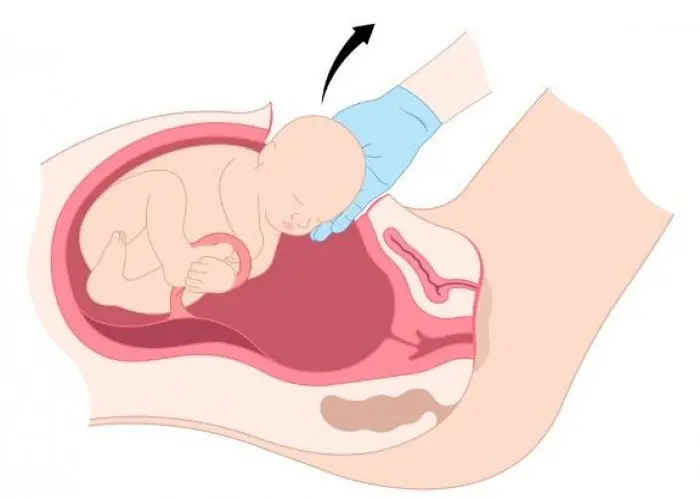
Fetal macrosomia
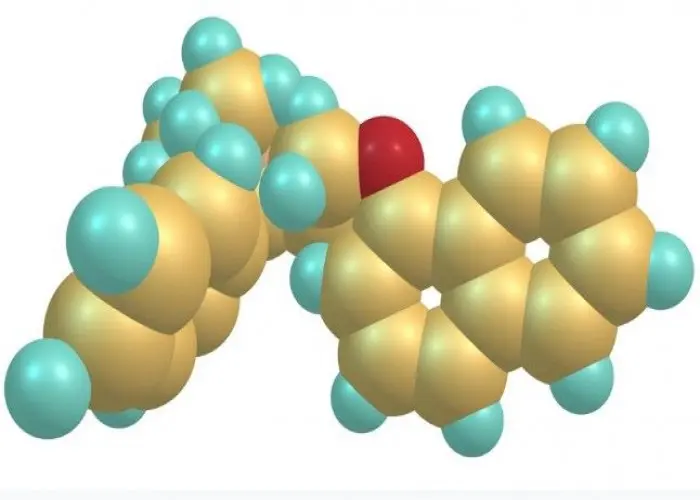
Delayed ejaculation
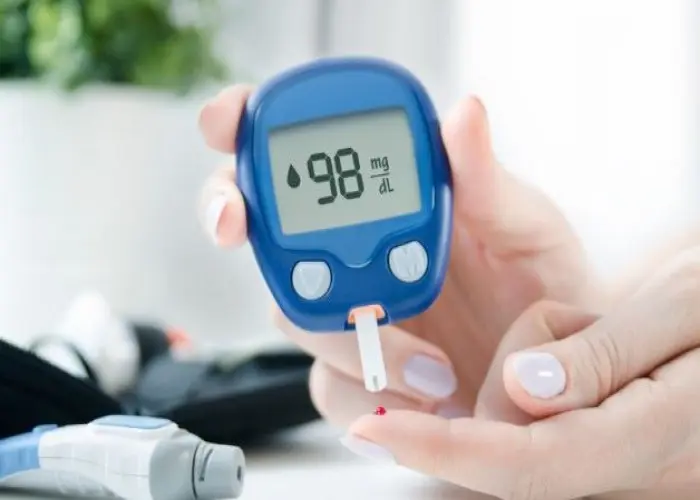
Hyperglycemia in diabetes
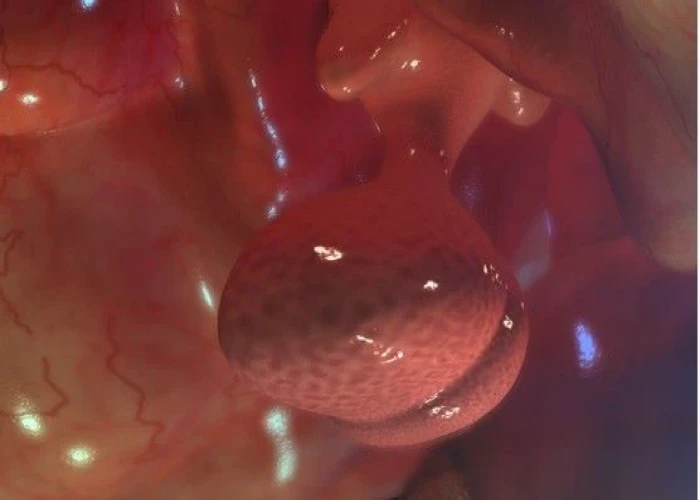
Prolactinoma
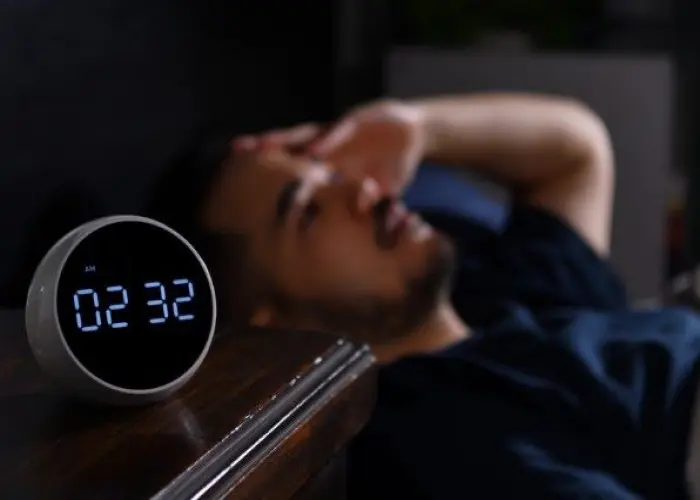
Insomnia

Kleptomania
Cystitis, interstitial cystitis, Cystitis treatment, Chronic cystitis, সিস্টাইটিস, মূত্রথলির প্রদাহ
To be happy, beautiful, healthy, wealthy, hale and long-lived stay with DM3S.
